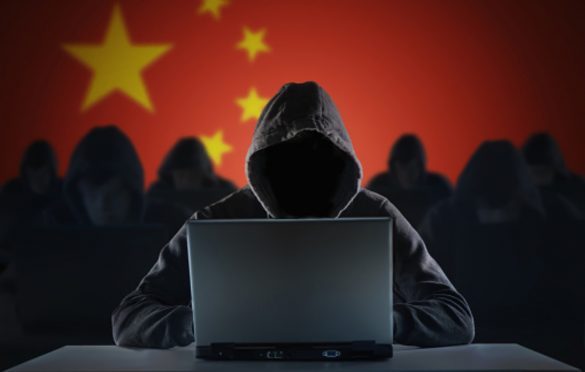
Remote Workers Protect The Company’s Data from Cyberattacks
Due to COVID-19, many businesses went remote and decided to stay there afterward. This environment has led to programmers’ and other employees’ job descriptions adding the responsibility for protecting confidential data in this remote setting. Listed below, are comments from highly knowledgeable, accredited people who will explain how remote employees can protect themselves against cyber attacks when not working in a central business location.
Table of Contents
Keep Hardware & Software Updated
You can protect yourself and sensitive data by keeping all your hardware and software updated. Becoming vulnerable can happen at any given moment unless you have safeguards in place. Send reminders to your team to activate automatic updates and use reputable antivirus to keep their data secure.
Use A Dependable Cloud Service
Use a dependable cloud service. A cloud service will help you keep your private data safe and secure in the virtual, encrypted infrastructure of a service provider. It can be a safe way to edit, access, or manage documents from anywhere you are working without worrying about malicious attacks
Show Caution When Working In Public Places
Stay away from public Wi-Fi and be aware of your surroundings. Public Wi-Fi does not have the protection you will find in an office or a home router. Cybercriminals will easily gain access to your computer if you happen to be on the same network. If you are in a cafe that offers Wi-Fi, make sure to use a personal hotspot. Again, always be aware of your surroundings. But make sure to take security precautions such as making sure your doors are locked at night and keeping your work laptop with you at all times while you are in public. You run on a PC, get a VPN application for Windows and play it safe. Having your work laptop stolen is not just an inconvenience, it can be a real disaster if there is a data breach.
You Should Invest In A VPN
Using a VPN is essential for keeping data and personal information private when working remotely on networks that are less secure like those found in hotels and coffee shops. Outside of that, using any VPN for internet access, using a VPN providing multi-factor authentication will give you greater security for accounts, data, and intellectual property of the company. Multi-factor authentication should be used during every login for sensitive data to ensure the greatest level of security possible.
Use Company Devices When Possible
In order for remote workers to remain safe against cyberattacks, it would help if you only use company devices. Company devices usually come with malware and protection you need in order to evade any kind of attacks and keep your work safe from potential threats. Find out if your company has a VPN application for Windows, if they do, get it installed.
Create Strong Passwords
In general, most people are not very good when it comes to creating strong passwords for logging into networks, especially unsecured networks. In most cases, people do not use passwords with special characters, numbers, and letters. They will choose to use their girlfriend’s name, underestimating the power of viruses. The simple fact is, that people can’t remember complicated passwords! You might remember them if you used personalized questions and hints when you log in to your account. Another useful tip, use password encryption software that stores usernames and passwords without actually knowing what they are. All the information is encrypted from the beginning. With just a few added measures, it’s possible to protect your company from cyberattacks.
You Need To Educate Yourself
If you experience a phishing attack, the best VPNs and antivirus software will not protect you from falling prey. So all you need to educate yourself and your team to understand how cyberattacks can harm your company. Sign up for training sessions and phishing simulation tests to identify these culprits easily and then encourage your team to do the same thing.
Install A Firewall
Firewalls are extremely important for protection against cyberattacks. Howwwever, a firewall will monitor all incoming and outgoing network traffic. There are some experts who believe firewalls are not as important as they used to be. Even if you believe that it won’t hurt to use any version that comes with your computer. Just turn on the firewall in your settings to block any potential harmful connections.


